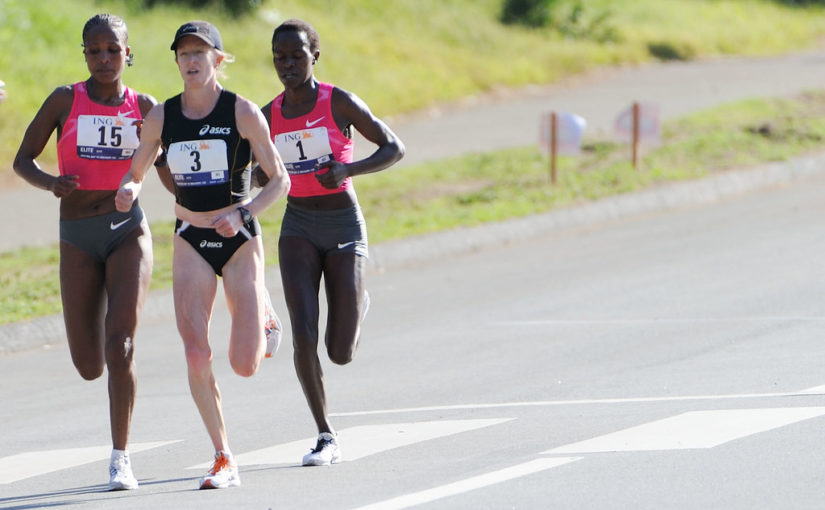Study: Trans Women’s Athletic Edge Remains A Year After Hormone Therapy
The results, according to a report from NBC News, could point to the current one-year waiting period for Olympic athletes who are transitioning being inadequate.

Below is an excerpt from the NBC News report.
Roberts began investigating the athletic performance of transgender men and women while in the Air Force, working under co-author and physician Lt. Col. Joshua Smalley at a clinic coordinating care for airmen beginning or continuing their gender transition. The three physicians, including co-author Dr. Dale Ahrendt, conducted a retrospective review of medical records and fitness tests for 29 transgender men and 46 transgender women from 2013 to 2018. The Air Force’s fitness assessment includes the number of pushups and situps performed in a minute, and the time required to run 1.5 miles.
For the first two years after starting hormones, the trans women in their review were able to do 10 percent more pushups and 6 percent more situps than their cisgender female counterparts. After two years, Roberts told NBC News, “they were fairly equivalent to the cisgender women.”
Their running times declined as well, but two years on, trans women were still 12 percent faster on the 1.5 mile-run than their cisgender peers.
Unsurprisingly, testosterone affected the fitness scores of the transgender men they reviewed: Prior to starting hormones, they performed fewer pushups and had slower running times than the cisgender men in the control group. A year into treatment, though, those differences disappeared.
With situps, the trans men were comparable to the cisgender men before treatment and actually exceeded them after a year on testosterone.
To read the full study from the British Journal of Sports Medicine, broken down by NBC News, click here.







